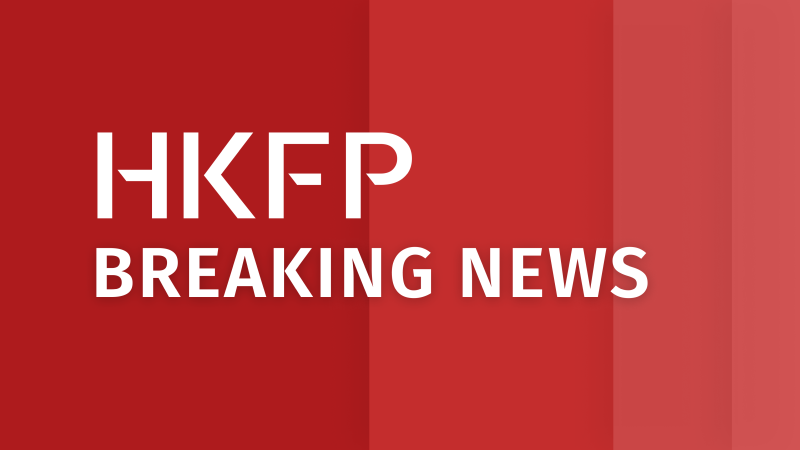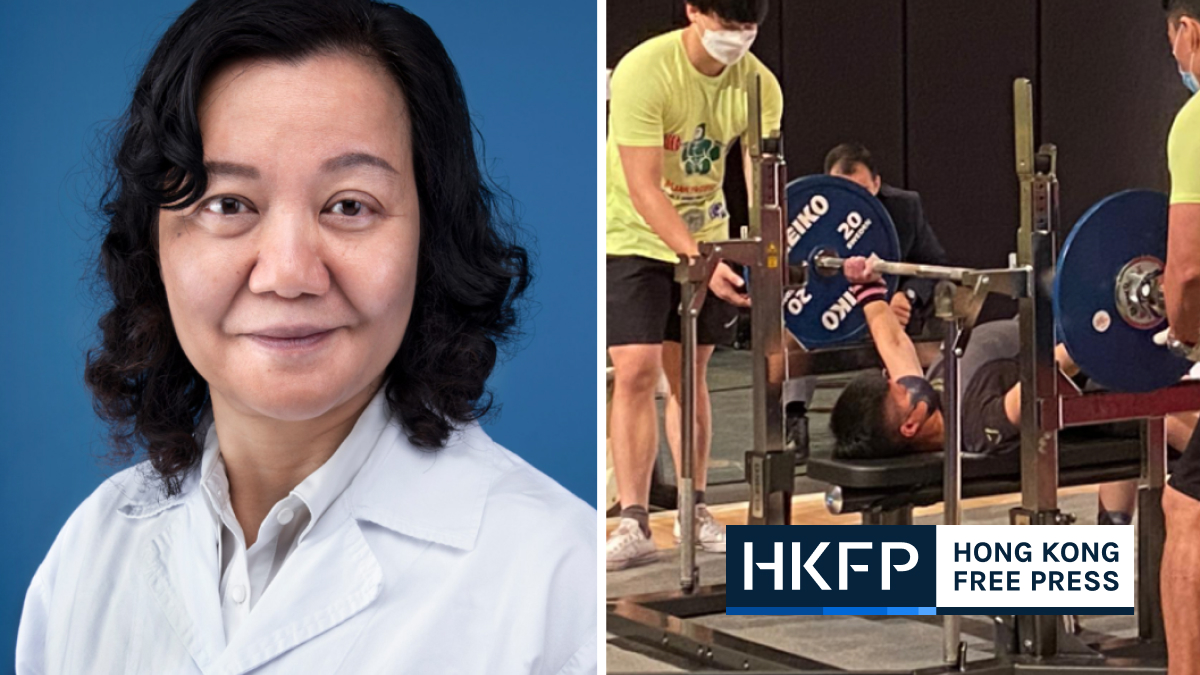State-backed newspapers have accused a research NGO and six advocacy groups of “smearing” government-led projects such as the Light Public Housing initiative, and large-scale infrastructure projects including the Kau Yi Chau Artificial Islands, previously known as Lantau Tomorrow Vision.
On Monday, the Wen Wei Po and Ta Kung Pao took aim at groups that have studied and advocated housing and urban planning issues over the past decade.

In a full-page report in the Wen Wei Po, concern groups including Platform Concerning Subdivided Flats and Alliance Concerning Subdivided Flats were slammed for leveraging such issues to “incite citizens’ negative emotions against the government.”
The Light Public Housing project in question was launched by Chief Executive John Lee to provide 30,000 transitional homes for grassroots families who have been waiting for public housing for over three years. The government selected eight sites for building the temporary homes, though legislators and critics have aired concerns about the budget and supporting facilities.
The Alliance Concerning Subdivided Flats stands accused of organising a tour to Lok On Pai in Tuen Mun and Yau Pok Road in Yuen Long – two of the sites selected by the government – to show the limited facilities at the sites. The reports slammed the group as “deliberately trying to destroy people’s faith in the project.”
“After the visit, the Alliance launched a survey to assess the willingness of respondents to move to the site, in order to air citizens’ so-called ‘negative opinions.’ But these opinions are not based on fair and subjective facts, and are destroying Hong Kong’s faith in solving housing problems together,” the paper claimed.

Four other groups concerned with cage homes and housing issues among low-income residents – such as Concerning Grassroots’ Housing Rights Alliance and Platform Concerning Subdivided Flats of Kwai Chung – were also mentioned. The paper claimed the groups are all linked.
Lai Kin Kwok, a member of the Platform Concerning Subdivided Flats, told HKFP he had “no comment at this stage.”
Lai is a registered social worker who now teaches at the Caritus Institute for Higher Education. According to his online profile, he founded the NGO with a group of frontline social workers, policy researchers and academics in 2012 and acted as its convener until 2019.
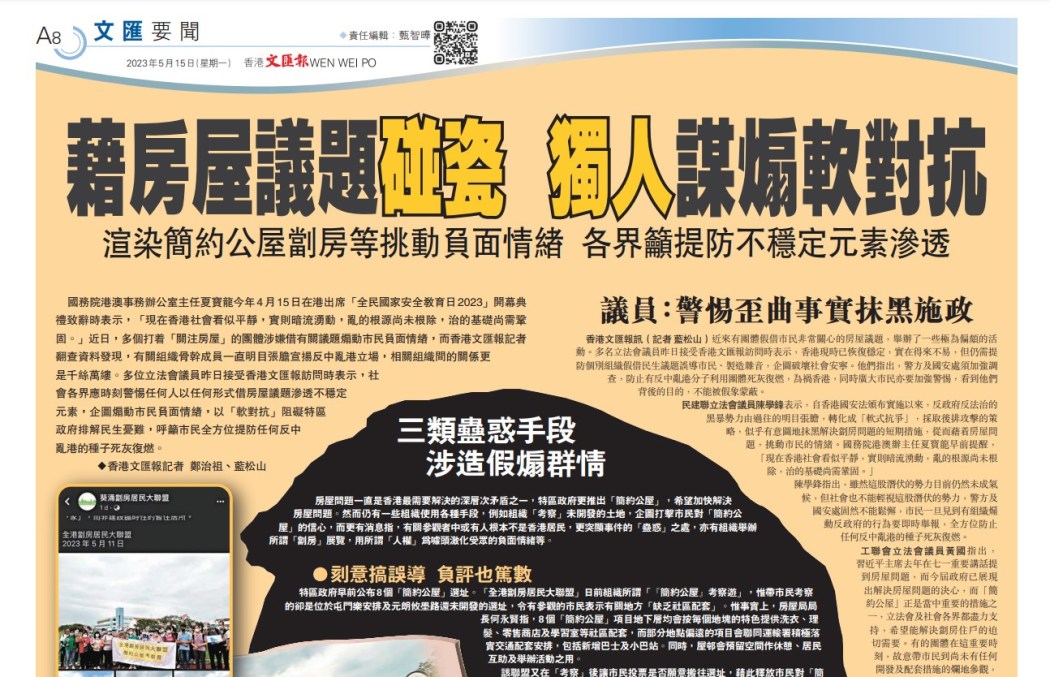
Since the onset of the security law, coverage in the city’s state-backed media has often foreshadowed crackdowns on civil society groups or democrats.
‘Causing fear’
NGO Liber Research Community was also criticised by the Ta Kung Pao on Monday for “smearing” two new large-scale infrastructure projects, including the Northern Metropolis and the Kau Yi Chau Artificial Islands development.
The Northern Metropolis involves developing the northern part of the New Territories in an effort to provide housing and better integrate the city with Shenzhen. Meanwhile, the HK$580 billion Kau Yi Chau Artificial Islands involves large-scale land reclamation and artificial islands for housing.
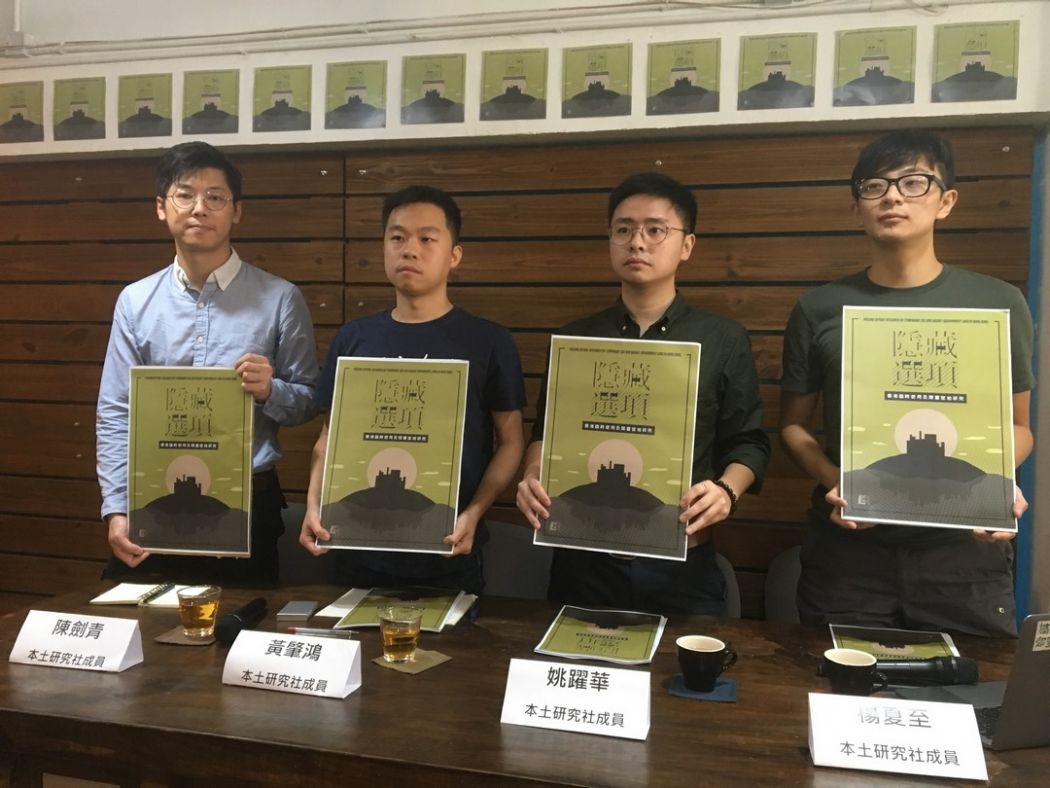
The Liber Research Community has published research on the topics, including an article on its Facebook page on March 27 which quoted opinions from financial advisors for the government.
Using PowerPoint slides it acquired, the group revealed that accounting firm PwC had found a possible “shortage of cash flow, as the government seeks to implement the Northern Metropolis and Kau Yi Chau Artificial Islands at the same time.” The PwC slides were originally presented to a Chinese bank, offering different financing methods for the government to consider.
Ta Kung Pao claimed the group was “taking things out of context with groundless evidence.”
Established in 2010, Liber Research Community has been studying niche topics and data relating to housing, land supply and infrastructure. Amid the housing shortage, it has identified huge, unused brownfield sites and has publishing six books on land supply policy.
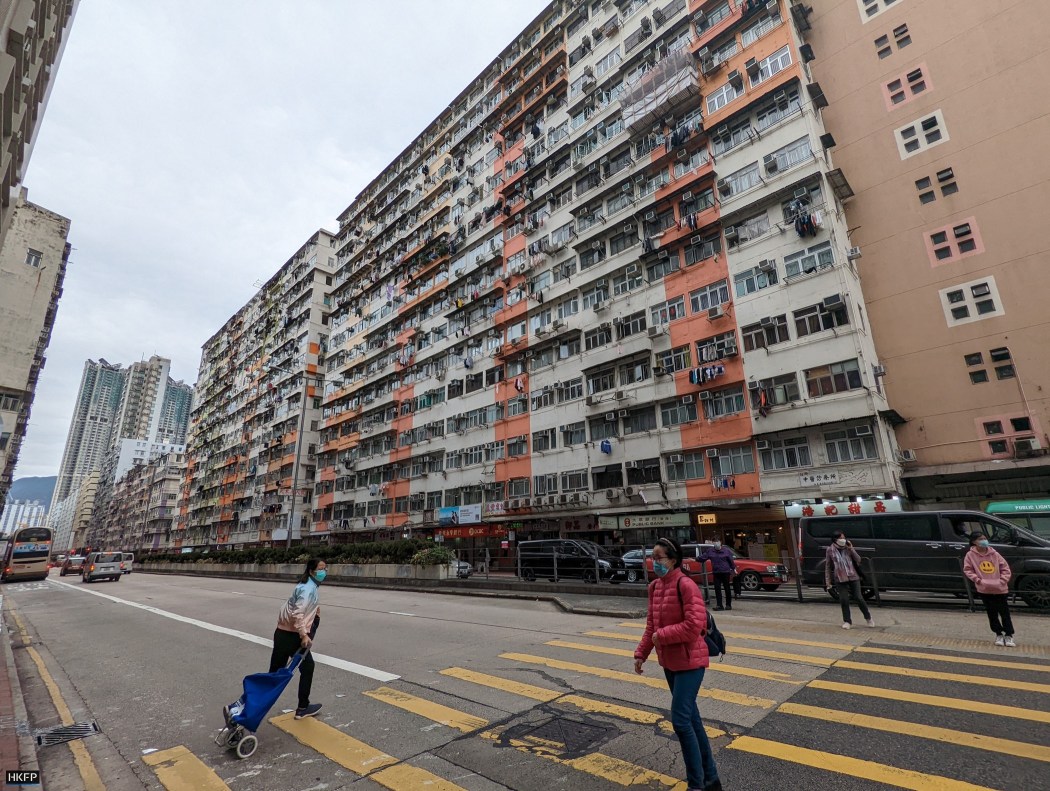
HKFP has reached out to the Liber Research Community for a response.
Support HKFP | Policies & Ethics | Error/typo? | Contact Us | Newsletter | Transparency & Annual Report | Apps
Help safeguard press freedom & keep HKFP free for all readers by supporting our team

LATEST FROM HKFP
HKFP has an impartial stance, transparent funding, and balanced coverage guided by an Ethics Code and Corrections Policy.
Support press freedom & help us surpass 1,000 monthly Patrons: 100% independent, governed by an ethics code & not-for-profit.





